|
|
|
|
Nau mai, haere mai.
One year on from Cyclone Gabrielle, many of the hardest hit regions have begun to repair their damaged infrastructure. But much of what has been built has returned the regions to the status quo.
As author John Tookey writes, the current and previous governments have, to varying degrees, expressed concern over future climate impacts. Yet climate risk and related infrastructure investment were comparatively minor themes in the various election debates of 2023.
Failing to plan – and budget – for our climate future puts our country at risk when the next extreme weather event hits.
“New Zealand has pressing infrastructural investment needs to facilitate growth and sustainability. The planning and procurement needed to implement such policy is time-consuming and costly. Irrespective of political orientation, there is an absolute need to prioritise it.”
There is plenty more to read here and on the homepage, including an examination of the five myths and misconceptions that confuse the Treaty debate, from AUT’s Paul Moon.
Until next time, mā te wā
|

|
Debrin Foxcroft
Deputy New Zealand Editor
|
|
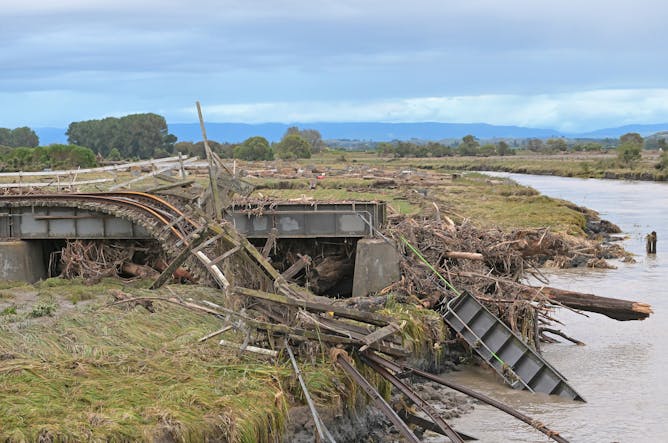
John Tookey, Auckland University of Technology
Labour’s ‘Adapt and Thrive’ plan for climate resilience is unlikely to survive the new government’s priorities. But the country cannot avoid addressing its urgent infrastructural deficit.
|
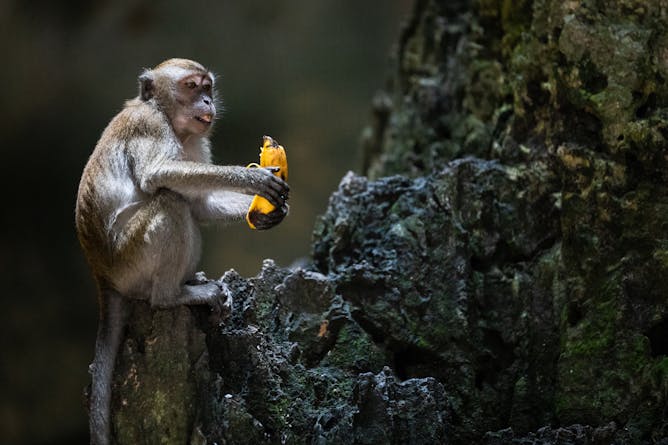
Carolina Loch, University of Otago; Ian Towle, Centro Nacional de Investigación sobre la Evolución Humana (CENIEH); Matthew Robert Borths, Duke University
New fossil studies tell us our ancient ancestors enjoyed a diet of soft, sweet fruits. This would have influenced where they lived and spread to – and even the evolution of colour vision.
|
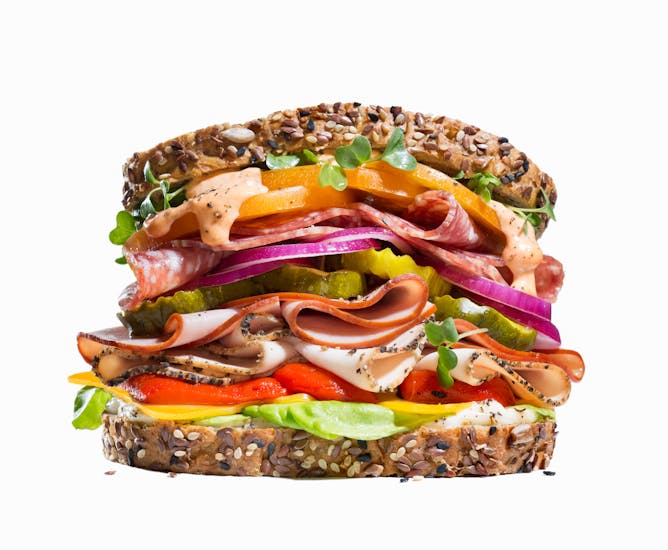
Nick William Smith, Massey University; Andrew John Fletcher, Riddet Institute; Warren McNabb, Massey University
Understanding how key dietary nutrients move around the world within traded food gives us a better picture of global population health – and how the wealth gap between countries affects it.
|
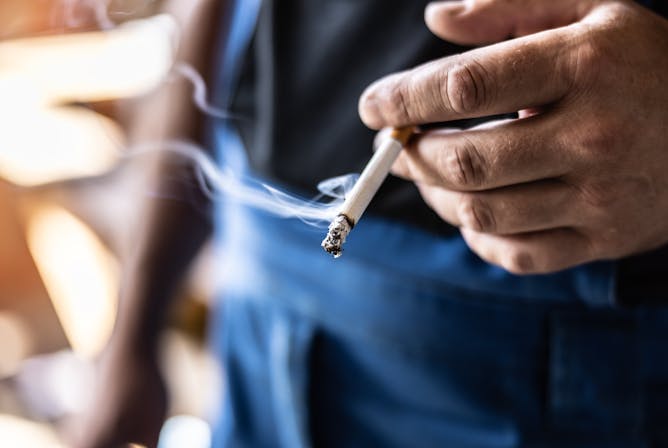
Janet Hoek, University of Otago; Andrew Waa, University of Otago; Richard Edwards, University of Otago
If the government is serious about reducing the cost of smoking, it should stick with Labour’s smokefree legislation rather than freezing the price of smoked tobacco products.
|
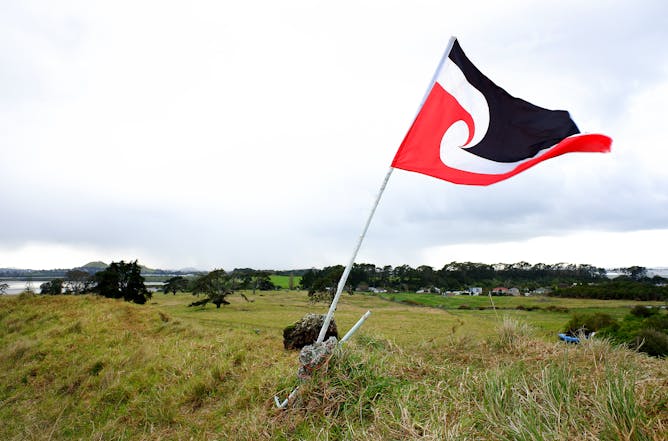
Paul Moon, Auckland University of Technology
Decades of Treaty scholarship have failed to arrive at a consensus about its meaning and purpose. Dispensing with various mistaken interpretations would improve the chances of productive discussion.
|
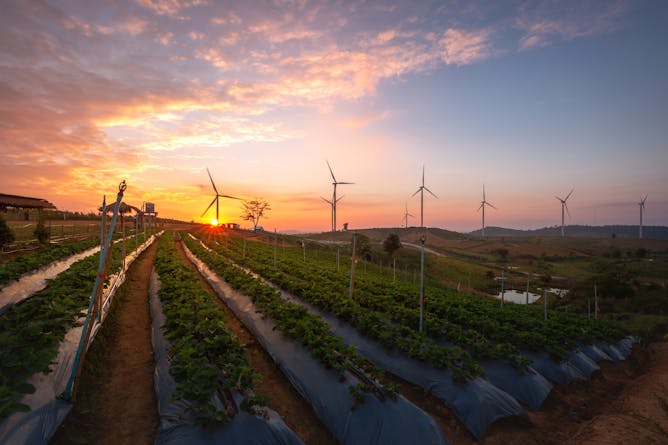
Ian Mason, University of Canterbury
Cultured meats, precision fermentation and other cutting-edge technologies are predicted to disrupt conventional agriculture. Despite the threat, New Zealand is well positioned to ride the wave.
|
From our foreign editions
|
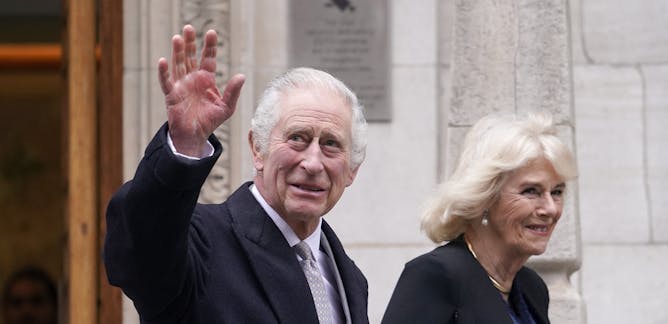
Anne Twomey, University of Sydney
An incapacitated King could potentially cause difficulties in Australia, and it would be wise for governments to enact legislation now to protect against it.
| |
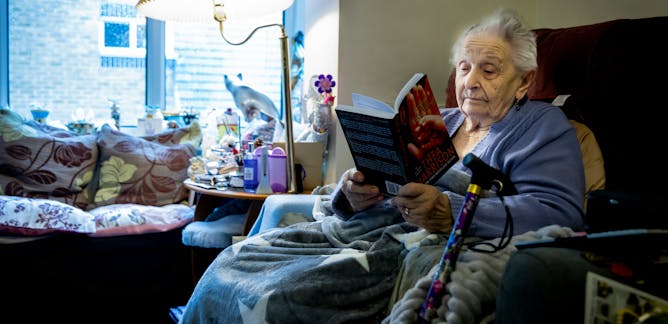
Michael Woods, University of Technology Sydney; Eugenia Tsihlis, University of Technology Sydney
Australia’s aged care system is undergoing significant change, but is still governed by an act more than 25 years old. Can the government meet its mid-year deadline for the next round of reforms?
|
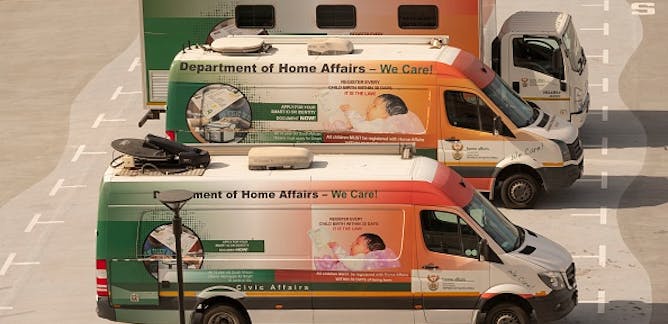
Alan Hirsch, University of Cape Town
Problems identified include a backlog of visa, permit and status applications, fraudulent applications being first rejected, then accepted, and the system being used illegally.
| |
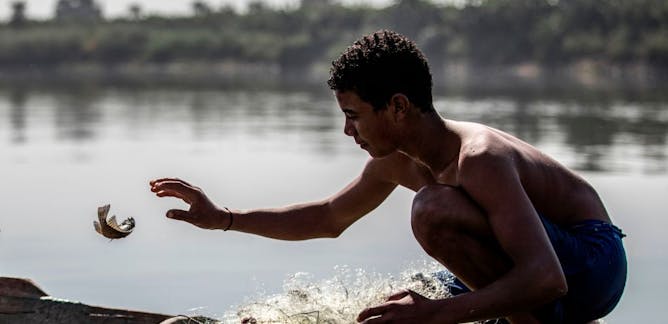
Dalia Saad, University of the Witwatersrand
The River Nile is contaminated with microplastics.
|
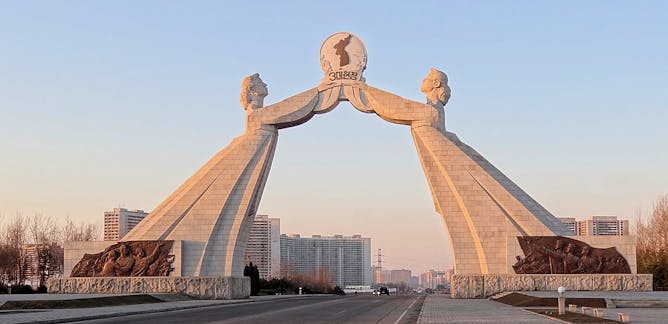
David Hall, University of Central Lancashire
The Arch of Reunification has been destroyed – reversing decades of government policy targeting eventual reunification with the South.
| |

Felia Allum, University of Bath
Real ‘mob wives’ either avoid drawing attention to themselves or present a superficial illusion of what their lives are really like.
|

Mike Alleyne, Middle Tennessee State University
How did a musician whose songs were suffused with messages of anti-capitalism and anti-imperialism become so commercialized?
| |
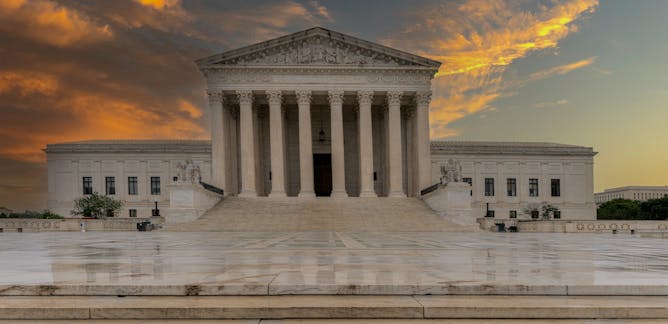
Jessica A. Schoenherr, University of South Carolina; Jonathan M. King, West Virginia University
With their upcoming decision concerning whether Donald Trump can appear on the Colorado ballot, Supreme Court justices face the possibility that the ruling could be ignored or defied by the public.
|
|
|
| |
| |
| |
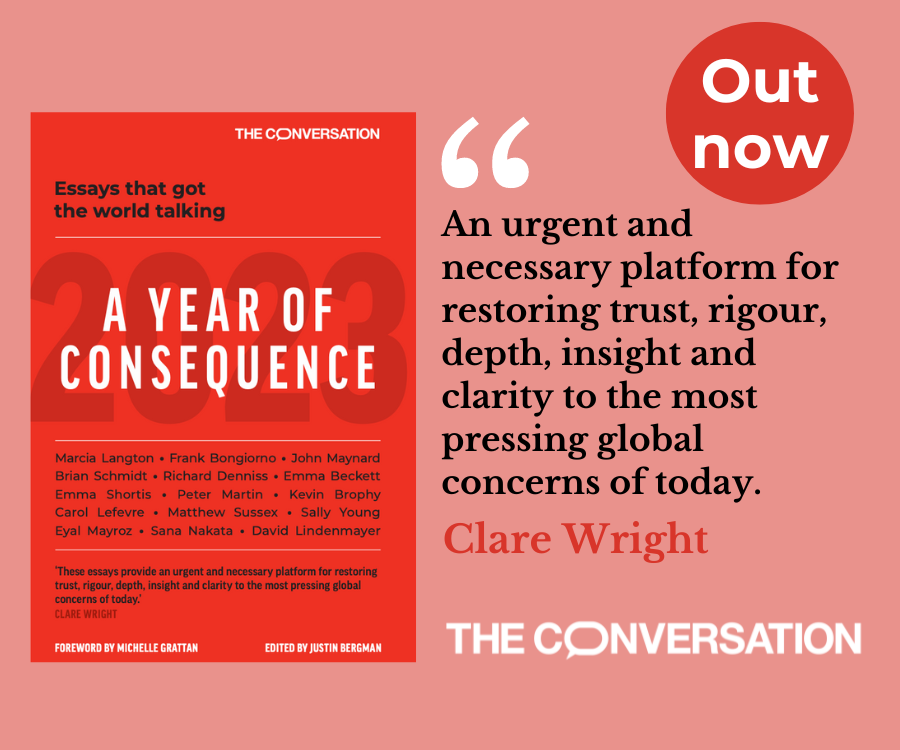
|
| |
| |
| |
| |
| |
| |
|
|
|
|
|
|
|